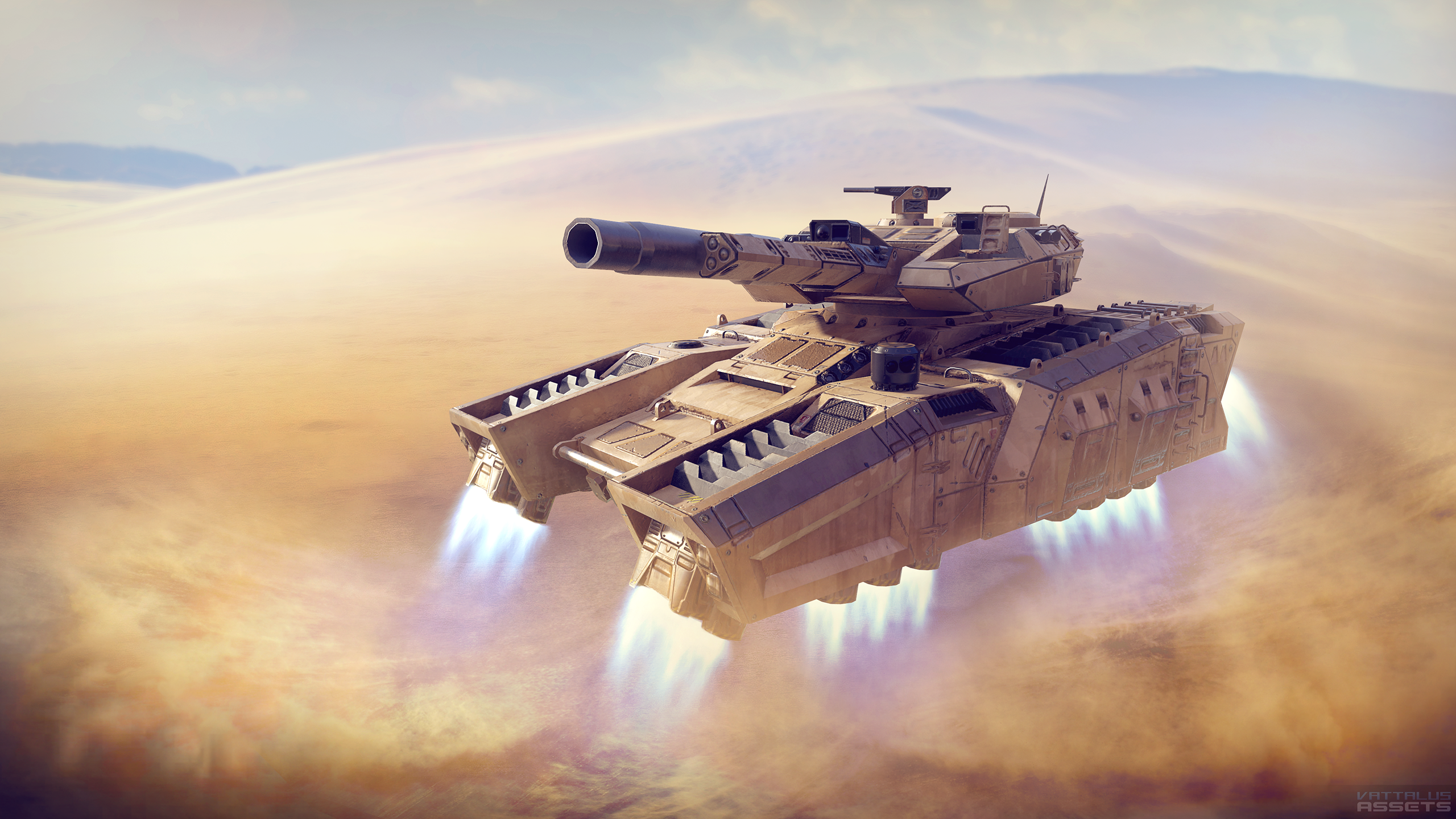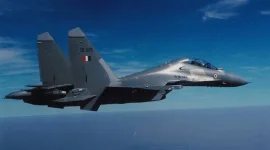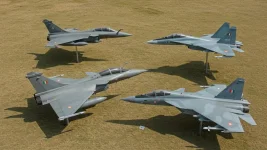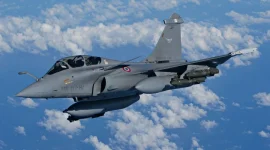- Views: 889
- Replies: 16

In a thought-provoking farewell piece for "The Print," retired General MM Naravane raises a red flag regarding India's approach to defense procurement.
His central argument – that an overzealous pursuit of the "perfect" weapon system often leads to paralysis and inaction – strikes at the heart of a long-standing challenge for India's military modernization.
The Perils of Perfectionism
Gen. Naravane uses the Future Combat Vehicle (FCV) program as a cautionary tale. This ambitious project, intended to replace aging armored vehicles, exemplifies the trap of "wishful thinking." In chasing a single, all-encompassing platform, India risks falling behind in the technology race as development drags on and no tangible capabilities reach the frontlines. The retired General warns against fixating on hypothetical, ideal weapons systems while immediate operational needs go unmet.This emphasis on adaptability counters the often-held assumption that seeking the absolute cutting edge in weaponry guarantees military superiority. India's armed forces have faced criticism for what some perceive as unrealistic demands for equipment.
Yet, as Gen. Naravane astutely points out, defense procurement is inherently a game of long time horizons. Procuring top-of-the-line systems today may mean those very systems are outdated decades into their service life.
A Call for Pragmatism
Gen. Naravane calls on both the Defence Research and Development Organisation (DRDO) and the Armed Forces themselves to embrace a more pragmatic mindset. The DRDO, he suggests, should prioritize niche technologies rather than pouring resources into sprawling, all-in-one platforms that may never fully materialize.The Armed Forces must acknowledge modern warfare's demands but also be willing to adjust expectations in the face of harsh operational realities.
Crucially, Gen. Naravane spotlights India's geographical diversity as a core consideration. The subcontinent's varied terrain and extreme climate zones render the idea of a single, optimal combat platform a costly fantasy.
A nuanced approach, with doctrines and equipment tailored to specific regions and possible adversaries, holds more promise for both efficiency and effectiveness.
Balancing Vision and Reality
Ultimately, Gen. Naravane's words are less a condemnation than a call for honest introspection. India's aspirations for a world-class military are justified, but this ambition must be tempered with adaptability and a keen eye on current threats."The best" may sound appealing, but the "good enough" deployed today often outweighs the perfect system perpetually stuck in tomorrow.
India's defense procurement is, and will likely remain, a complex dance between long-term vision and immediate needs.
By moving away from a 'best weapon' mindset and toward tailored, pragmatic solutions, India can better equip its forces for the multifaceted challenges of the 21st century.



